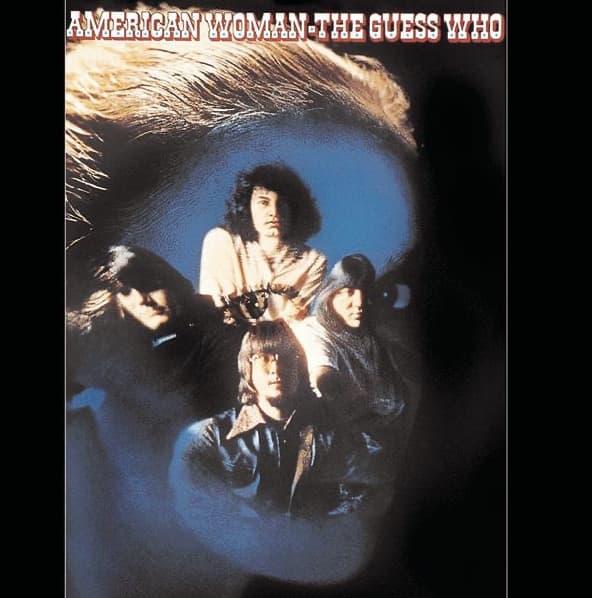
The Guess Who – American Woman: A Timeless Anthem of Defiance and Reflection
In the tapestry of rock music that defined the late 1960s and early 1970s, few songs resonate as powerfully as “American Woman” by The Guess Who. Released in January 1970 as a single from their album of the same name, this song is an emblematic blend of rock and blues, and it captures a moment in time with a raw energy that still echoes through the decades. As we delve into its history, meaning, and impact, one cannot help but be transported back to an era of change, rebellion, and self-discovery.
Upon its release, “American Woman” quickly climbed the charts, reaching the coveted number one spot on the Billboard Hot 100 in May 1970. This remarkable achievement marked The Guess Who as the first Canadian band to top this prestigious chart in the United States. It was a time when cultural currents were shifting rapidly, and this song struck a chord with listeners both for its infectious guitar riff and its bold lyrical stance.
The story behind “American Woman” is as spontaneous as it is intriguing. During a live performance in Ontario, guitarist Randy Bachman broke a string on his guitar. While replacing it, he began improvising what would become the song’s signature riff. Lead singer Burton Cummings joined in with impromptu lyrics, capturing a moment of creative synergy that would soon become iconic. This on-stage improvisation laid the groundwork for what would become one of The Guess Who’s most enduring hits.
At its core, “American Woman” is often interpreted as a critique of American cultural imperialism and a call for independence. The lyrics convey a message of defiance against external influence and control, with lines that seem to urge a return to authenticity and self-reliance. Some have speculated that it was also a reaction to the Vietnam War and the draft, reflecting the sentiments of many young people at the time who were weary of conflict and eager for peace.
The song’s driving force is its unforgettable opening riff—gritty and assertive—setting the tone for Cummings’ powerful vocal delivery. The combination of these elements creates an atmosphere that is both rebellious and reflective, inviting listeners to ponder their own relationship with societal expectations and personal freedom.
For those who lived through this era, “American Woman” serves as a nostalgic reminder of youthful defiance and the quest for identity during turbulent times. It speaks to an audience that remembers when music was not just entertainment but also a form of expression that could challenge norms and inspire change.
As we reflect on this timeless anthem, we are reminded of the enduring power of music to capture our imaginations and articulate our deepest desires for autonomy and truth. Whether you are revisiting this classic track or hearing it for the first time, The Guess Who’s “American Woman” stands as a testament to an age where every note played was imbued with meaning and every lyric sung was laden with purpose.
In a world that continues to grapple with issues of identity and influence, this song remains as relevant today as it was over fifty years ago—a true masterpiece in the annals of rock history.